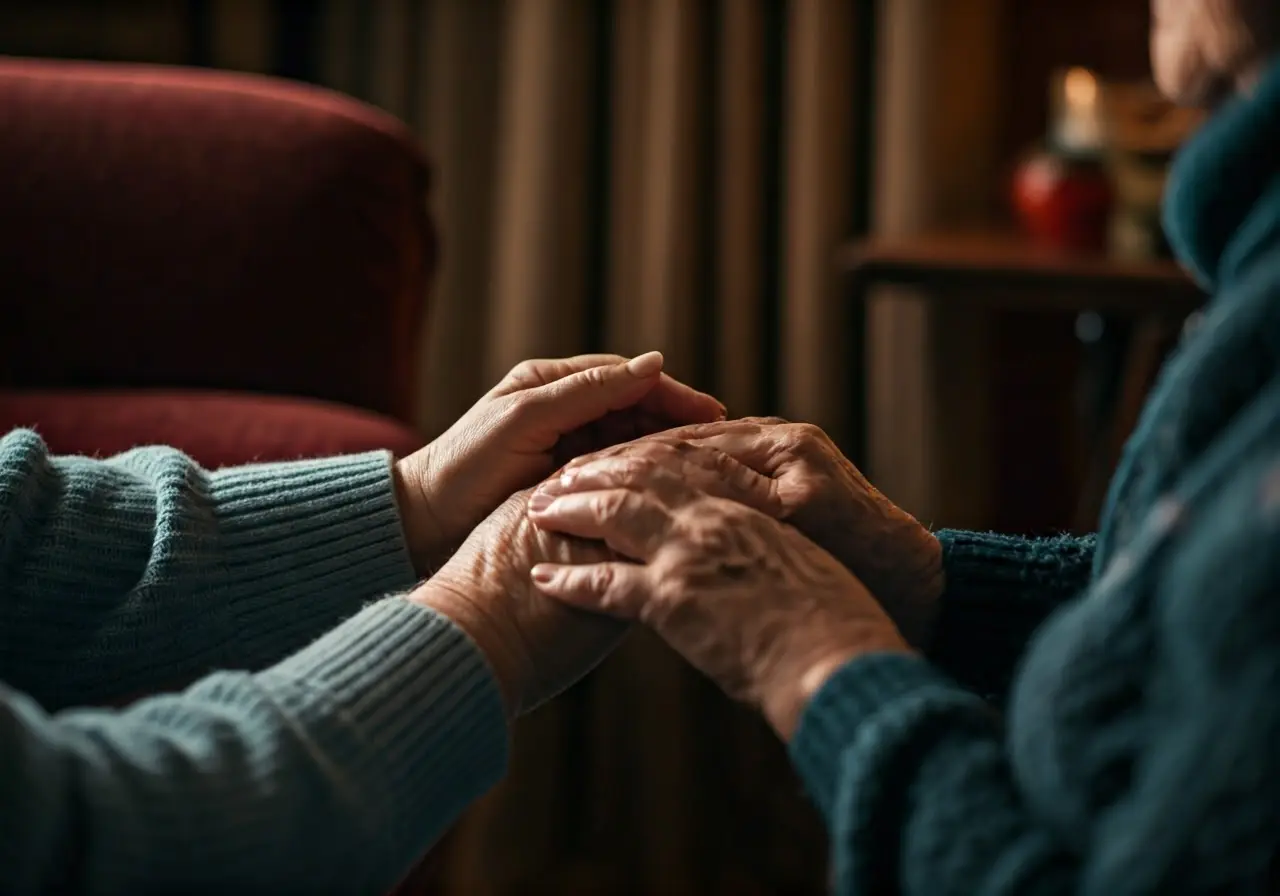How Does In-Home Palliative Care Benefit Patients?

November 13, 2024
In-home palliative care is a compassionate approach to supporting patients with serious illnesses in the comfort of their homes. This form of care focuses on enhancing the quality of life for patients and their families. In this blog, we’ll delve into how in-home palliative care brings significant benefits to patients, making their healthcare journey easier and more fulfilling.
Understanding In-Home Palliative Care
Palliative care is specialized medical care that focuses on providing relief from the symptoms and stress of serious illness. In-home palliative care allows patients to receive this supportive care in their own homes, offering a personalized approach tailored to each individual’s needs. This model of care is designed to work in conjunction with other treatments and therapies patients may be undergoing, allowing for an integrated healthcare approach palliative care at home.
By ensuring a seamless transition from hospital to home, in-home palliative care offers a continuity of care that is crucial for patients managing chronic or serious conditions. With healthcare professionals constantly monitoring the patient’s condition and progress, any necessary adjustments to the care plan can be made swiftly and accurately, keeping patients comfortable and well-informed about their health status.
Improving Quality of Life
In-home palliative care helps manage pain and other distressing symptoms, enabling patients to enjoy a better quality of life. With care plans individualized to their specific needs, patients can experience increased comfort and reduced stress. For many, this type of care means relief from symptoms like pain, nausea, and difficulty breathing, ensuring a dignified living experience.
A key advantage of receiving care at home is the familiar environment it provides. Patients surrounded by personal comforts and memories often report feeling more relaxed and at peace. This tranquillity plays a significant role in positive health outcomes, underscores the importance of a holistic approach to care, and strengthens the support network among caregivers and family members alike.
Providing Emotional Support
The emotional well-being of patients is a critical component of in-home palliative care. Care teams offer counseling and support to address anxiety, depression, or fear, fostering a reassuring environment for both patients and their families.
Emotional support is more than just managing feelings—it’s about building confidence in the care process and establishing a reliable support system emotional support in hospice. Regular visits from counselors or spiritual advisors, alongside family discussions guided by care professionals, help address lingering doubts and foster understanding, essential for navigating the complexities of serious illnesses.
Facilitating Seamless Healthcare Coordination
Effective communication between healthcare providers is key in in-home palliative care. By coordinating services, patients receive streamlined care that reduces hospital visits and keeps all medical providers informed. Our interdisciplinary teams focus on creating cohesive care plans that are meticulously followed and adjusted as necessary.
By adopting a holistic approach that respects the patient’s preferences and desired outcomes, in-home palliative care leverages a network of health professionals, including doctors, nurses, nutritionists, and therapists, to devise and execute comprehensive care strategies. This integrated network supports patients by ensuring that they receive the collective insights, expertise, and resources necessary to navigate their health journey effectively.
Offering Family Support
In-home palliative care extends support to family members, ensuring they are well-equipped to care for their loved ones. Education and resources provided by the care team empower families, enhancing their caregiving experience and reducing burnout. Empowering families to be active participants in the care process ensures they can provide the emotional support patients need throughout their healthcare journey.
Providing family members with resources such as informational pamphlets, training sessions, and regular communication lines with healthcare providers allows them to better understand their loved one’s condition and how to manage it effectively. This level of involvement not only eases the burden on families but fosters a sense of unity and mutual support, proving invaluable during such a challenging phase of life family-focused care.
Embracing Compassionate Care at Home
In-home palliative care provides patients with attentive, personalized care that greatly enhances their quality of life. With its emphasis on comfort and support, it bridges the gap between medical treatment and the compassionate care patients deserve. Families can find solace knowing that their loved ones are cared for in a familiar, comforting environment where their dignity and well-being are prioritized. For those interested in exploring how this care model can aid your loved ones, learn more about our services at Inspire Hospice
Filed under:
Articles and Resource Topics

A Registered Nurse is available to answer your questions about hospice and palliative care services:
- Discuss your unique situation to determine how Inspire services can be tailored to care for you and your family
- Discuss insurance, Medicare and answer other concerns about eligibility, benefits, and other care options
- Answer any questions you have about comfort care




